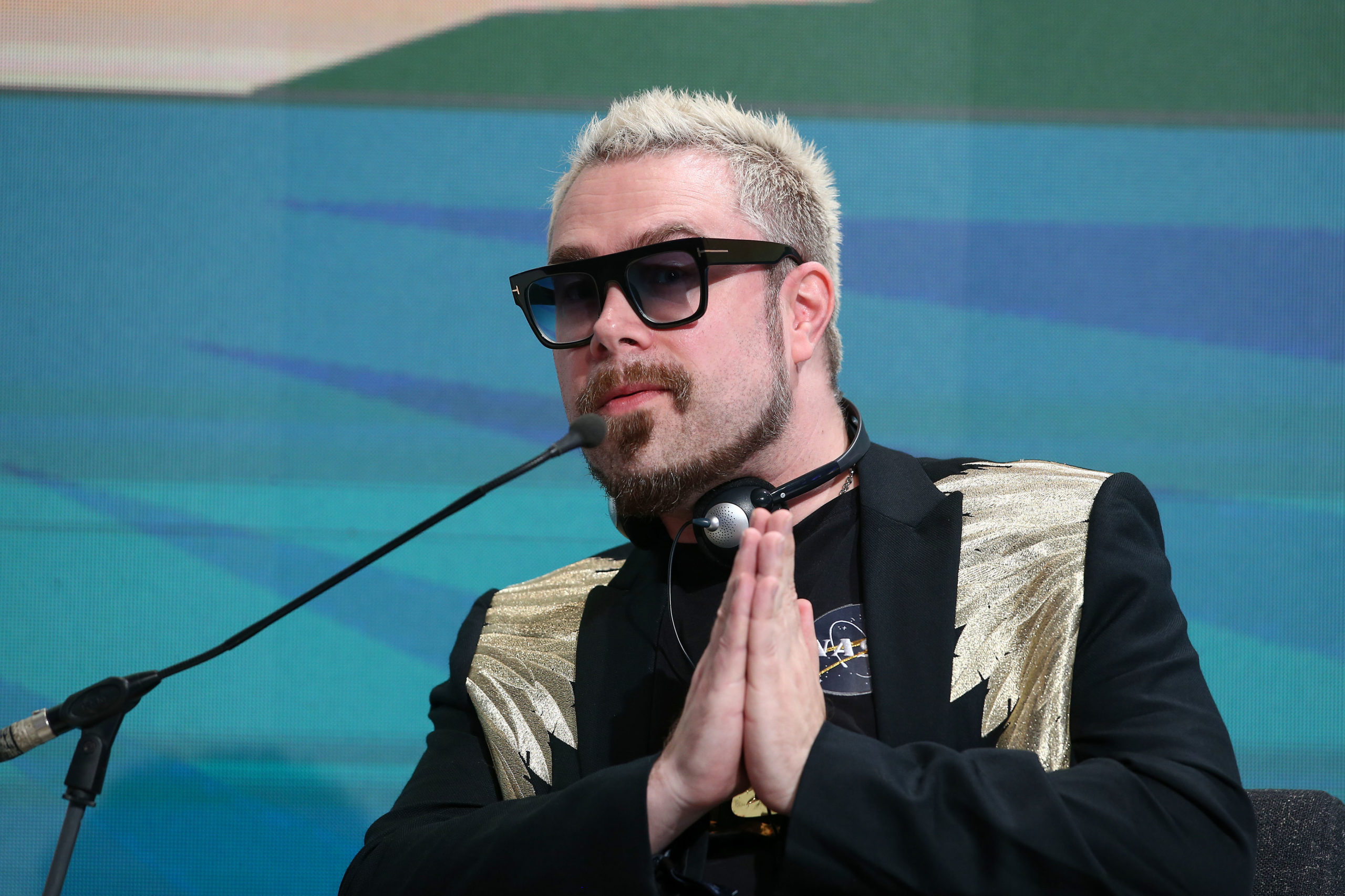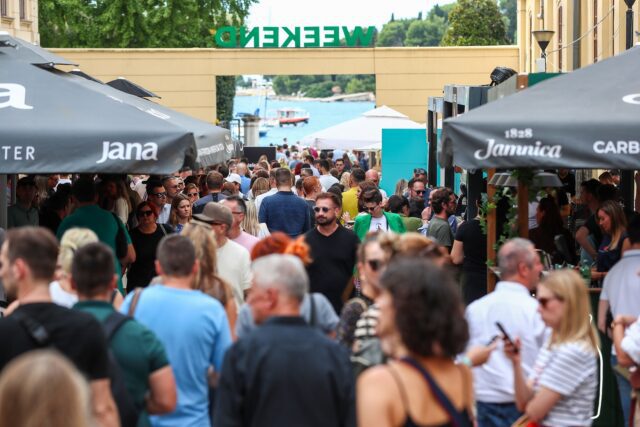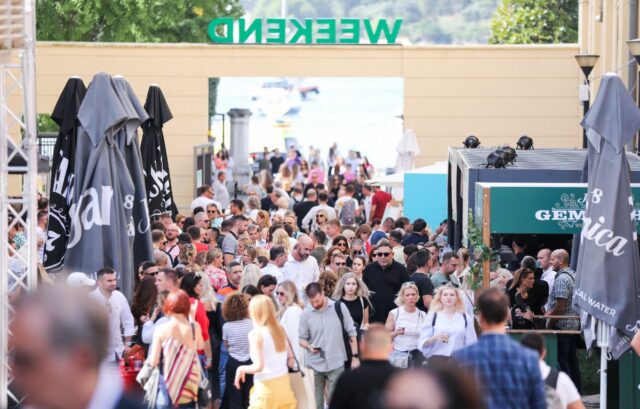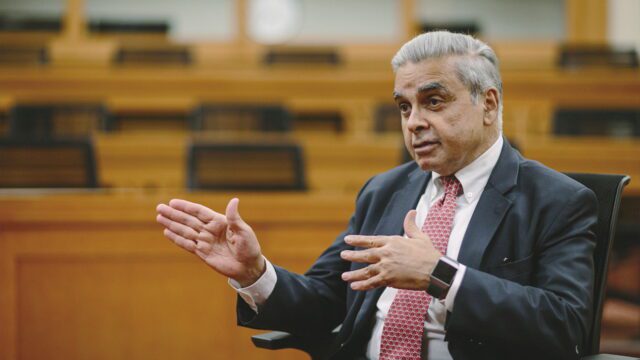Dejan Jocić (Foundcenter Investment), Marc Puškarić (RTL Croatia), Marin Ćurković (AdScanner, ODALINE), Björn Myreze (Myreze), and Ivan Vlatković (Pink Media Group) are experts in creating television content; they know everything about what audiences want. The panel, “Future TV — next level”, moderated by journalist and communications expert, Petar Štefanić, discussed the current situation with television around the world and in the region, and attempted to predict future trends.
“Today we all know very well what television is. I think that those who are in this profession have no problems, as far as work is concerned. But it’s just a question of how long the current business model will last. I think linear television will continue to be the main platform for watching video content. Even though the amount of content will continue to grow rapidly, television will remain the dominant medium for the next five years,” said Ivan Vlatković, who believes that the key to the successful future of TV lies in the production of various formats and content.
“On the one hand, the fragmentation of TV continues: linear, nonlinear, together or individualized. And on the other hand, newspapers have established their own television programs. Technology and content must actually work together to create this new image of television,” said Marin Ćurković on future trends in television.
“I’ve traveled the world a lot and many people have told me that TV is dead. When we think a little deeper, did the phone eventually die or did it evolve? We continue to focus on developing software on the same principle as Morse code. Nothing dies—things evolve and finds new ways to exist. The same concept is still behind many ideas. Only those who adapt can change the status quo,” concluded Björn Myreze.
He also showed a video about future television trends, adding: “Now, for the first time, we have access to technology that combines traditional and non-traditional media. We have devices that can create news on their own.”
When asked if television had fallen behind with marketing, Marin Ćurković answered: “It’s not too late for television. Not even the internet is doing it in the best possible way. We live in a time when a great deal of data can be measured in a way that delivers individualized content. It’s all a matter of optimization.”
Television in Croatia is often called out for not offering innovative formats and is accused of being a bit ‘lazy’.
“It is not as easy as it seems. Sometimes we decide to give some format a ‘break’ of a year or so, we all do it. At the same time, we are trying to offer new formats, which have even turned out to be somewhat controversial. Sometimes we have ideas that fail immediately. When you have commercial television, it is challenging to run projects that must succeed because we need to make a profit. Some things remain the same because they work well,” said Marc Puškarić in defence of Croatian television programs.
Television has a unique credibility: “In the future, I think television will serve as a beacon of truth, while new media will be more dominant for other kinds of content,” said Dejan Jocić regarding the future of TV news. “We still mainly use a linear system but it’s being combined with new digital technologies. However, I still agree that the key to good TV is a good host, truth, authenticity, and content,” he concluded.










